
Director
Antoine Fuqua has been hit-and-miss since he made the leap from
music videos to feature films a decade ago with THE REPLACEMENT
KILLERS. His excellent effort on TRAINING DAY garnered his star
Denzel Washington an Oscar for Best Picture, but Fuqua stumbled
badly with the ill-advised historical epic KING ARTHUR (although
Arthur’s director’s cut is an improvement). With his latest movie, SHOOTER,
Fuqua returns to what he does best: flicks about dudes with guns.
Fuqua
stopped by the Four Seasons in Beverly Hills recently to talk about
his experience making SHOOTER. The laid-back director also discussed
other projects, including WITHOUT A BADGE and BASTARDS OF THE PARTY.
Antoine Fuqua

Your
producer made a point to mention that you love America, but this
isn’t exactly the most pro-American movie.
Well,
I love what it’s supposed to represent; I still think it’s a
great place for opportunity, and I think that most of the young men
and women who are fighting in this country are great heroes and
people who don’t always know why they’re there doing it.
They’re just doing it for what they believe, if the right reason;
and I think it’s the people above them that could become a problem
and the bad guys in this situation. But the country itself I love, I
love the country; I’ve been around the world, and I’m sure you
guys have traveled – and it’s not so bad when you come back.
What
was it about this movie that attracted you?
The
politics certainly attracted me; the opportunity to make a movie
that sort of represents a little bit about Blackwater and
Halliburton…what these guys are all about. When I first read the
script, it talked about the village burning and the destruction and
the pipeline and immediately I got interested in that. The idea that
an action/thriller for a studio you get to get a broad audience to
see a little politics it’s pretty cool – but most of the time,
it’s avoided. I thought, ‘Why not!’ And why not blow them all
away at the end – do what most people said they’d like to do;
it’s a movie, it’s a cautionary tale, so why not.
Do
you like to focus on every detail or do you think you have to?
I
have to do it to understand it, to some degree; a lot of writers
write, great writers, it’s all pretend and I can’t wrap my head
around it when they’re talking about something that’s supposed
to be based in the real world – I just don’t understand how that
works. For example, the action sequence at the farm, yeah it’s
big, but everything there can be done. I had a special forces guy,
and he looked through a book – which I still had to pull from
everybody cause it scared me when I saw it, the things we can learn
about how to make these bombs.
You
can go to department stores and make napalm. It’s just scary. I
need to understand, how do you deal with a bunch of guys in a
situation like that, and is it possible – and yeah, it’s
possible. Are there shadow governments that exist that are so called
engineers that go and put these pipelines in these places? And the
answer is yes there are, and it’s been going on for a long, long
time. So yeah, I need it; it needs to be grounded for me. I always
like to talk to somebody who actually does it for a living; it’s
hard to talk to those guys, but I’ve read a lot of books and
watched a lot of documentaries on some of those events.
Those
groups are all over Iraq.
Yeah,
how is that Halliburton gets the engineering job in Iraq without any
bidding with any other company? How does that happen? I’m
fascinated with that. How is it that companies like Maine get their
checks from the World Bank and you can’t trace any of it; you
can’t trace any of them? How is that possible? We pay taxes; how
is it possible they get away with it? All those sort of things –
how does $2 billion in Iraq disappear? There’s no receipts for it
– how does that happen? So I’m fascinated with that, and when I
read the script, it’s at least the beginning of a discussion.
Yeah, it’s an action/thriller and you can’t take it too
seriously, but there’s elements of it you should take seriously
because it’s happening in your world.
Is
this series a possible franchise if it succeeds?
If
it succeeds, I can see making it a franchise out of it, with Mark;
he’s primed for it, and (Steven) Hunter has 6 books, 8 books, so
there’s material for it.
Had
you read the book?
Front
to back, yeah I did. Not until the script came across my desk and
then I went back and read the book. The funny thing is I have his
books at my house in my library, and I just didn’t have a chance
to read them; they’re there, I just didn’t read them.
Could
you not carry out your vision without going to the specific
locations?
Yeah,
because to me, it’s just as important as the story; to me, the
shots, the locations is America. In the beginning, once he leaves
Africa, the concept – I wanted people to feel that space and that
beauty and that peace that it was supposed to represent. And how you
leave that peace and beauty and come into the concrete, that’s
when all the crap happens to you – when you come back into the so
called real world, the so called civilized world where all the
craziness is happening. And it’s all apart of America, and it’s
all apart of our environment – these cities like Washington,
Philly, Baltimore – they all represent the heart of America.
People
always think of New York and California, but no, those places
represent the working class of America; there are working class
people in Philadelphia in Baltimore and DC. The glacier and all that
scope and beauty – it’s even got the picture in the sky – a
man just protecting his home, just the basic elements, and people
want to just live and enjoy what is supposed to be, what freedom is
supposed to be. I shot most of this movie, I didn’t shoot longer
than a 60 millimeter – nothing was longer than a 60 millimeter, it
was either a 40 or a 60, and I only used a 50 because my 60 wasn’t
available cause Spielberg had it. Other than that, that was it
because I wanted you to feel animorphic, just so you could feel the
world around you – and what he thought he was fighting for.
What
was the biggest challenge in doing this?
Logistics,
it was logistics; just having to go from place to place and start
over and start over and start over. Sometimes, not having the whole
crew; we had a different crew in Philly, another one in Washington
– except for the keys, it’s hard to keep up your speed, your
pace. So I’m doing double, you have to do double work to get
everyone up to speed. There’s no sort of ‘you can go sit in your
chair and everyone knows the deal.’ No, I literally have to get up
and walk and talk and have production meetings again, another
production meeting again. And the glacier was just a whole nother
thing; you shoot on a glacier, it’s like shooting on the moon
cause there’s nothing but ice.
There’s
no cover, there’s no mistakes, you can’t walk in the same place
twice cause it’ll leave marks; it’s minus 5 degrees – it goes
to 80 degrees when the sun’s up cause of the snow bounces back and
you’re so hot for an hour, and then it just drops and then
you’re freezing again. And if you don’t have the right lens, if
you’re not prepared with story boards, you don’t know what
you’re shooting, you don’t know what you want – you’re not
going to get it cause it takes an hour to fly the chopper back to
base camp, get what you want and come back. And you can only have 30
some people up there at a time cause of the crevices; it was one of
those things where it was so beautiful I had to do it. But when I
got up there, it was the ‘be careful what you wished for’ kind
of thing; there were a few days where I was thinking, ‘I could
have shot over at the ski resort.’ You know what I’m saying – it
wouldn’t have looked this good, just get on the lift and ride up!
No, it wouldn’t have been as much fun.
What
were your challenges at Independence Hall?
Yeah,
they didn’t want us to shoot there at first; assassinating the
president, that didn’t go over too well. They were tough.
How
did you convince them?
I
don’t know what deals Rick made, the line producer; but the FBI
had something to do with that, I believe. Cause they were more than
helpful, I can’t tell you how amazing the FBI in Philadelphia was;
they never said ‘no’ to me, they let me come up to their offices
whenever I wanted. They actually hung out on set with us, cause some
of them are secret service, the layout of the secret service scene;
they let me fly helicopters in between buildings, guys with guns
hanging out of them freakin’ people out.
There
were people, I went to the Philadelphia Eagles game and I was
sitting there with some guys, ‘So that was you? We were calling
911 trying to figure out what was going on; all of a sudden, I
looked out and thought it was another 9/11.’ FBI was flying
through the air with guns, the FBI in helicopters – they didn’t
know what the hell was going on. But they opened up the doors, they
let me do whatever I wanted; it was amazing. Independence Hall was
tough, but other than that, they let me do whatever I wanted.
How
long was the shoot?
I’m
not sure, maybe 80 days, that’s including some re-shoots.
Did
you have to stick to the budget?
Yes,
yes; I was begging for more money, begging. But it wasn’t going to
happen though.
Was
there a scene that got cut out that you really would have liked to
have kept in?
No,
not really; most of the scenes are in the movie. There’s a
different ending, the senator died in a different way, the guy blows
up a plane; it was a little more visceral, a little more mysterious
which is cool. But the audiences didn’t want that, they wanted
revenge and that’s what it dictates in that, too. Just stuff like
that, but not really. There’s some talking scenes with politics,
but after a while, even I was sitting there in the bay saying,
‘Just shut up. Hang me.’ It was getting too talky, Swagger had
too much to say. I like the quiet, Steve McQueen type; you start
talking and –
Wahlberg
works better that way.
Yeah,
he’s better that way; he’s great that way, he’s stronger that
way. He’s a good actor, too; he could handle it, but the dialogue,
it was just too opinionated and I think that’s dangerous for a
hero.
And
he’s a recluse; he shouldn’t be acting that way anyway.
Yeah,
he lives in the mountains; exactly, what does he know about all
those politics and how the world was working. He’s living up there
being a child right now; I quit, I’m leaving, I’m going to my
cabin with my dog and beer and eat carrots.
In
the film, the time difference is ‘thirty six months;’ why
didn’t you just say three years?
The
writer, he wrote it that way, so I left it that way. He wrote it
like that and I said the same thing, ‘I’m going to put three
years.’ But then I said, ‘That’s just wrong, he wrote it that
way, and I’m going to put it up on the screen ‘thirty six
months.’
Does
that tell you something when you read a script like that?
It
tells me something about the writer; Jonathan Lemkin, Jonathan is
that way, though. Jonathan is complex in his way; he’s so –
everything, sometimes I’d say, ‘Just be straight forward.’ But
everything has to be so smart – at the harbor. So whatever, thirty
six months – there you go.
What’s
next for you?
I
don’t know; there’s a project I’m talking to Paramount about,
and then there’s one I own the rights to called, Without a Badge,
about the Jerry Speziale story – do you know that story? Been
trying to make that for years, and finally got the money; it’s
about the Cali cartel who went deep, deep, deep under and actually
became one of them. Did you read the papers recently? Yeah, all
these guys are going down, man; these were the Escobar’s rivals at
the time. So I’m trying to get that movie made, maybe go in July
– but it depends on what happens with this other project for
Paramount.
Is
that the other project with Mark?
Yeah,
we were doing another project before this one – By Any Means
Necessary. But, who knows, it’s kind of out of my hands.
That
could be the title of this one.
It
could be, it could have been; it may be the title of the sequel.
They’ll just take that title and put it on there; they own it
anyway.
Is
that movie too hard to make?
It’s
a good story, I think it’s perfect to make.
You’ve
made so many different films; do you think directors get
pigeon-holed?
Oh
yeah, I’ve been doing that since videos; when I first started
doing music videos, if I heard another rap and R&B song, I’d
jump off a building. I’m listening to everything, man; Sting and
Nirvana have these huge budgets, and I was like, ‘I want to do one
of those videos.’ And it wasn’t happening, so I stopped and
started doing commercials; and so all commercials is is cover, so
all of a sudden I’m doing Armani and Pirelli and Miller Beer and
stuff, and getting nice budgets to do them. And then, I realized
that was a formula that worked for me, so when I came to features
they offered me a lot of urban films – The Next Boy in the Hood,
The Hood and the Boy, whatever. And I just wouldn’t do it, I
wouldn’t do it because as soon as you do that –
You
did make Training Day.
Yeah,
Training Day was just something I know a lot about that world, so
I’m interested in that; I would make that movie. And some of the
stuff I would make takes place down in the ghettos – I just
don’t want it being the only thing.
You
just did a documentary.
Yeah,
Bastards of the Party about the evolution of gang-banging, where the
first bullet came from, and FBI’s involvement.
Could
you possibly see a feature come out of that?
Oh,
Bastards of the Party, could be – if someone gave me the money;
nobody gave the money to make that. I had to pay for that myself, so
I don’t know if that would happen. It’s one of those things
where as soon as it gets too real, it’s a lot of closet interest;
everybody likes it until it’s real.
That’s
like working with Scorsese on Lightning in a Bottle.
Right,
Scorsese – Scorsese loves music; it’s fun. I think ‘Bottle’
is one of the best times I’ve ever had making anything just
because it was a blast. Levon Helm was there, and everyone was
there, Buddy Guy, B.B. King – I was just in Heaven, meeting all
these old survivors, guys with one lung, their fingers screwed up,
knuckles that big – it was cool, man. And they’re still playing,
still drinking, still hanging; man, this is survivors club for sure.
But that was a great time; Scorsese loves music, he’s like a
professor. He just goes on and on and on and on, at a thousand miles
an hour. ‘I’m glad you didn’t do American X, I’m glad you
didn’t do that movie.’ I was like, ‘I’m glad you are, but
I’m not.’
Do
you think you didn’t get the money for this, because you’re a
black director?
Because
I’m black, they wouldn’t make Bastards of the Party; I think
they would be a little more cautious if I did it cause I’d come at
it from a different perspective. They make not like – not like, a
lot of people are compassionate; it’s what they think is sellable,
that’s what it comes down to, how can they market that, it always
comes down to that.
If
you attach your name to it, doesn’t that do something?
It
helped me get this one made; HBO picked it up which was great. It
helps. Look, I gotta keep making films and try not to get fired from
it, stand my ground, be who I am in order to do Bastards of the
Party, in order to do Training Day, or anything I want to say. A
give and take, I gotta give, some of that commercial stuff and
hopefully find success in that in order to do the little small ones
that really mean a lot. It’s really hard to get that done, on that
level.
How
did you get Levon Helm to come to this film? You just let him go in
that shot
Levon.
You could tell; Levon’s one of those guys, he’s a rock star. He
thinks like a rock star, he acts like a rock star, he’s the best.
Levon came in, he did it, we partied with him, he’s really cool;
he’s got amazing stories about the band and it was the best time
to sit down and hang out with Levon. He’s great!
Questions?
Comments? Manifestos? Send them to me at [email protected].


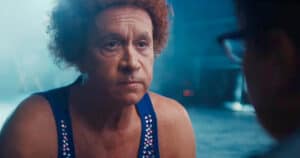

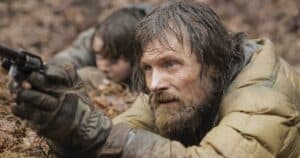




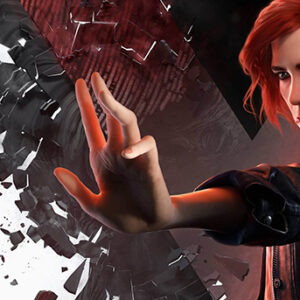
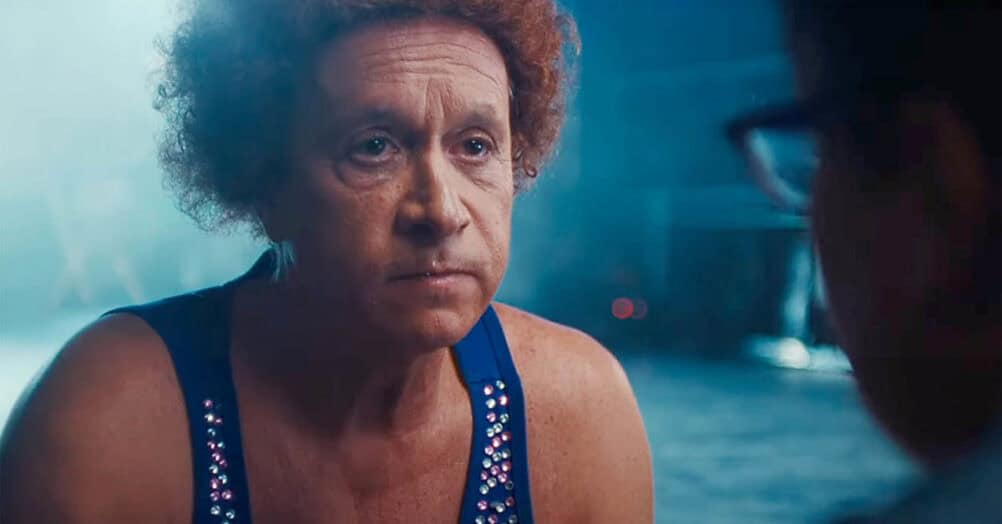
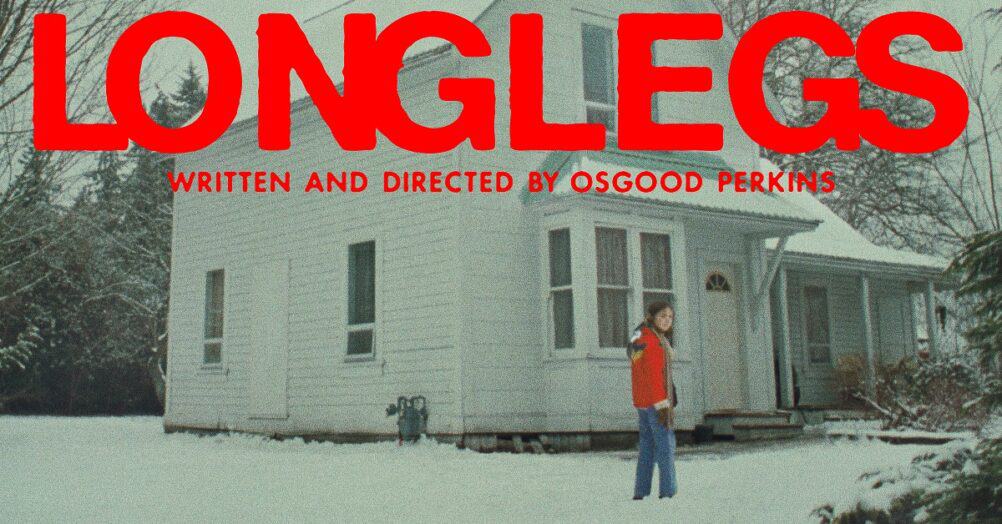
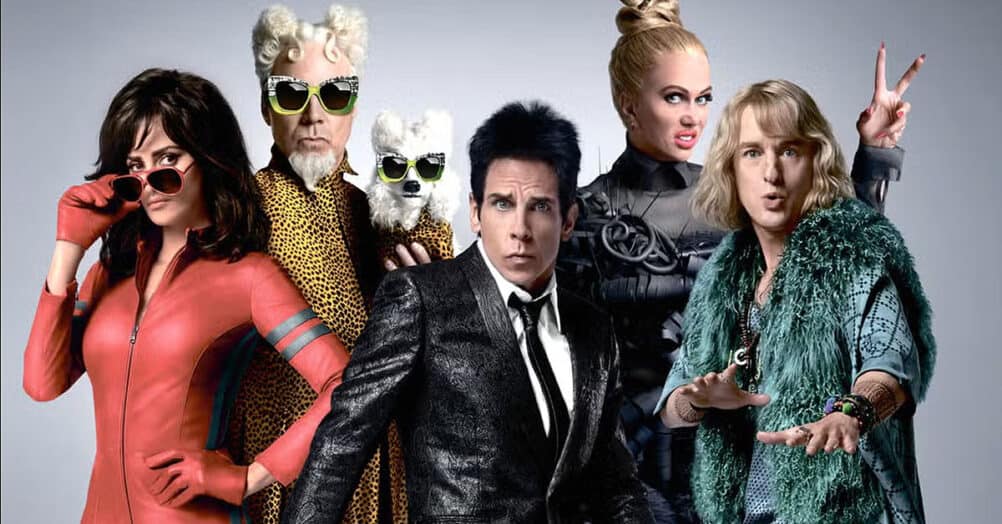
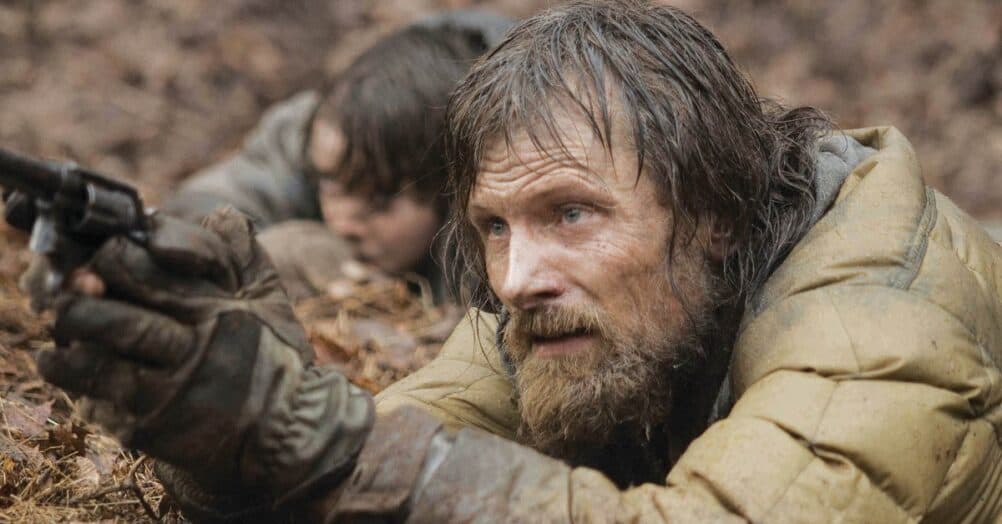

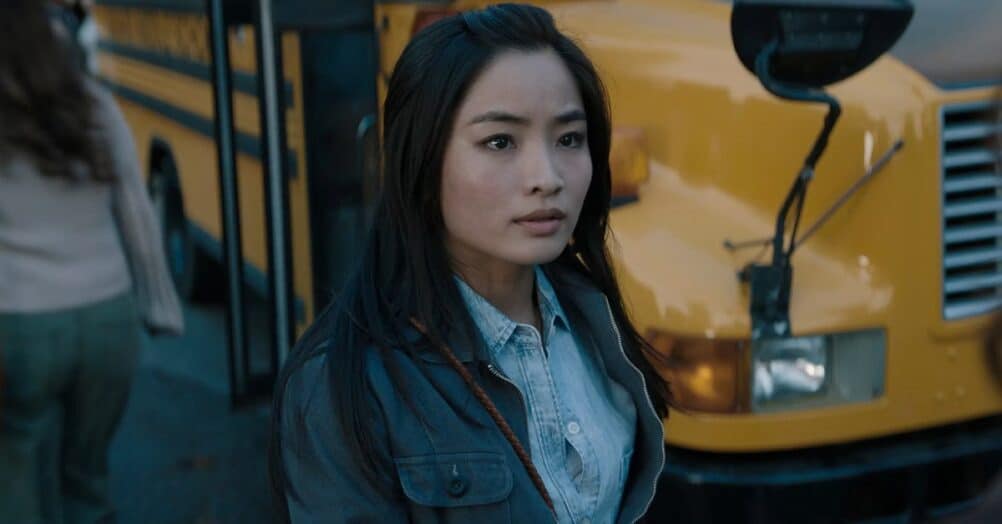
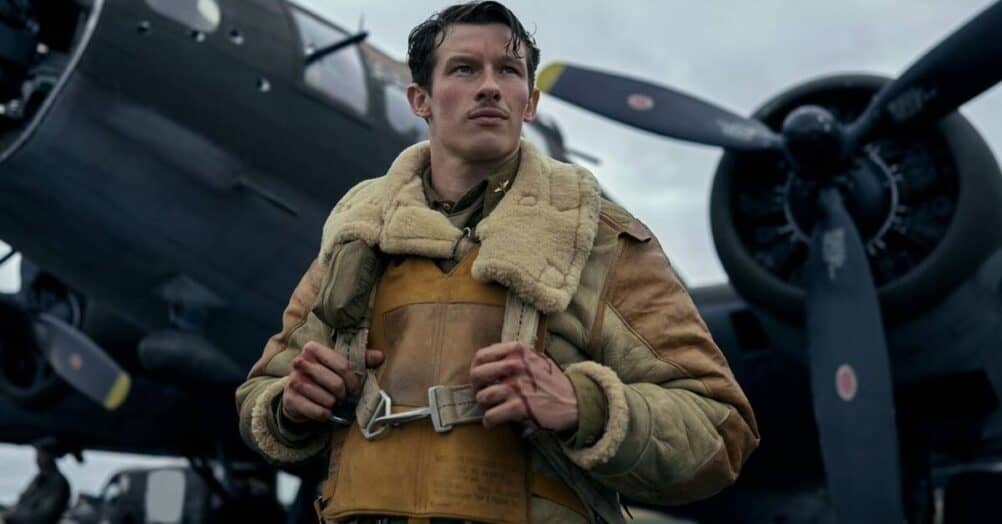
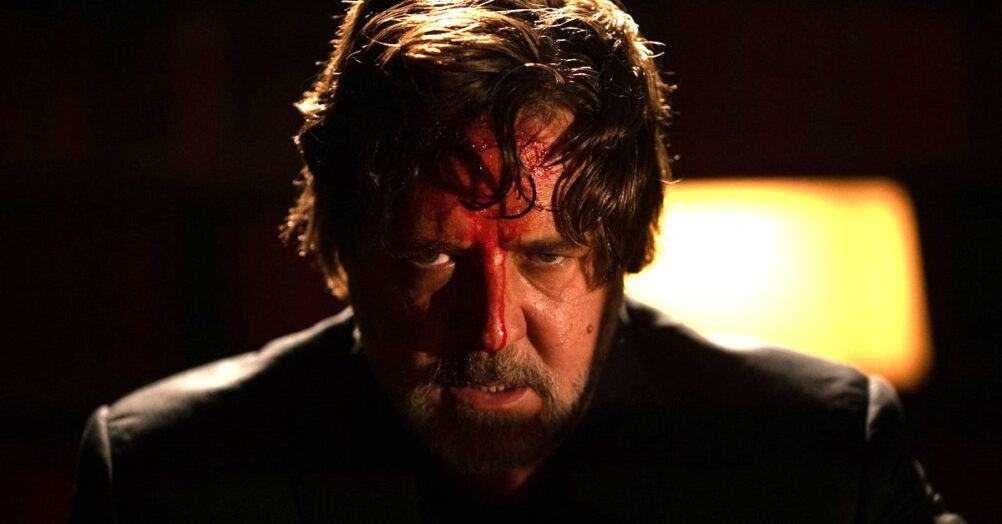
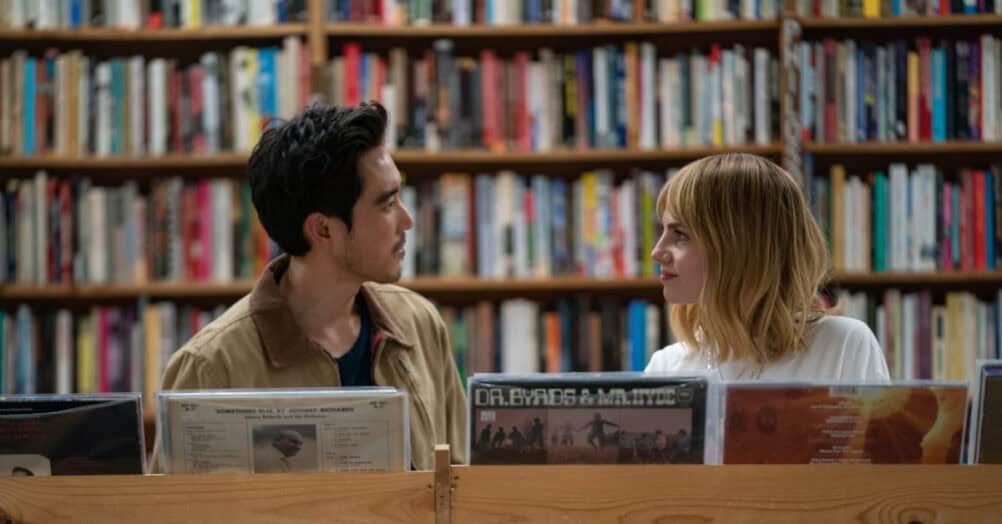
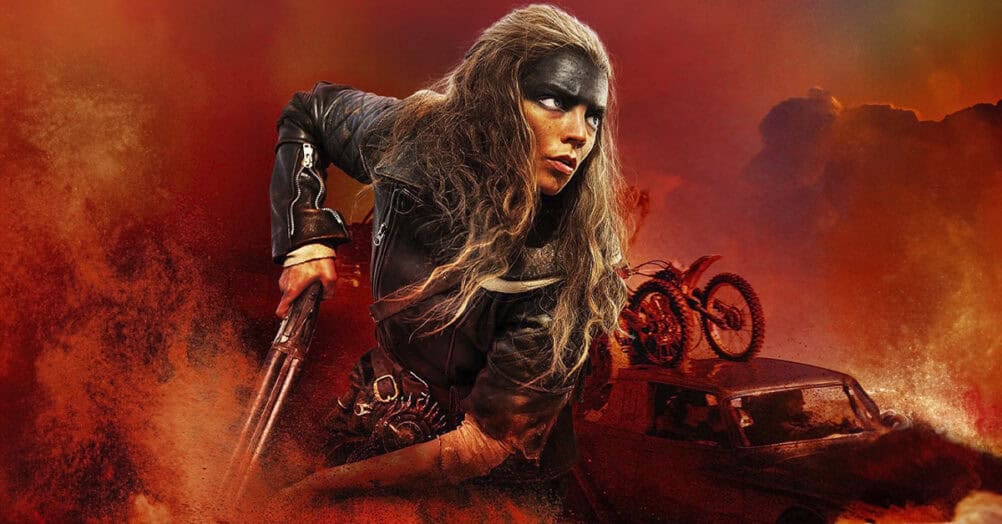
Follow the JOBLO MOVIE NETWORK
Follow us on YOUTUBE
Follow ARROW IN THE HEAD
Follow AITH on YOUTUBE